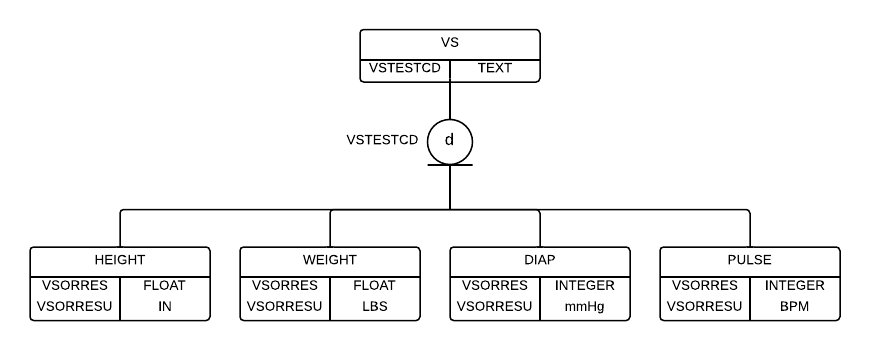Promoting Data Sharing at the CDISC Interchange Conference
The theme of sharing clinical research data permeated a
number of presentations at the CDISC International Interchange Conference this
year. In fact, the opening plenary keynote presentation by General Peter
Chiarelli, CEO of One Mind, highlighted the dire need for data sharing in
clinical research and espoused a number of open science principles. One Mind
defines open science as a “global movement to make scientific research, results
and data available, and accessible to everyone.” The key goal behind this push
for open science is to accelerate the research community’s ability to transform
basic research into better clinical treatments for patients. You can find One
Mind’s open science principles here http://onemind.org/Our-Solutions/Open-Science.
One of One Mind’s open science principles involves adhering
to widely accepted data standards. This makes sense because the standards help make
the data useful. Sharing the data is not the end game. Using the data to
accelerate the development of safe and effective treatments is what we’re
after. Sharing data that cannot easily be interpreted or understood limits the
value of the data. At the very least, it adds significantly to the cost and
time needed to interpret and transform the data to make it useful. Using data
standards adds to the value of the data in a measurable way, and promotes the
positive effects targeted by data sharing and open science.
Another
of One Mind’s open science principles asks that those who re-use the data give
proper attribution and credit to the data generators. Earlier this year I
attended a workshop focused on creating enhanced citation metadata for data
standards to promote attribution for datasets. Enhanced citation metadata means
that the citation would include additional citation details, such as role, to
create a credit market for data and software tool sharing. Enhanced citation
roles could be based on a terminology that includes options such as data provider,
data analyzer, or software tool provider. Support for data citations will be
added to the ODM-XML backlog for future development. Adding ODM-XML support for
data citations should aid in the development of a credit market for data, as
well as promote a data sharing culture within the clinical research community.


Comments
Post a Comment